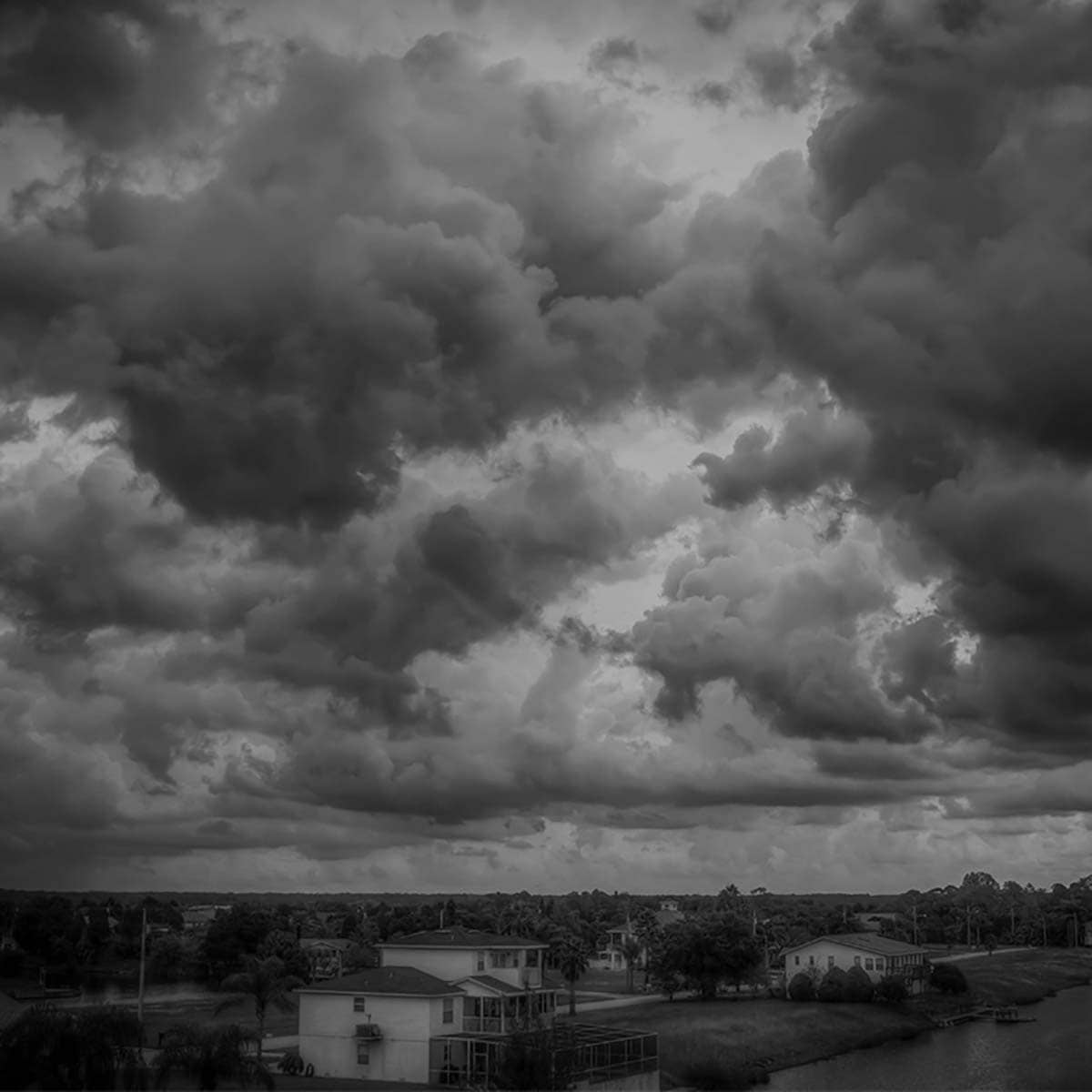
Storm Christoph is currently bringing widespread flooding to many parts of England over a three day period, according to the Met Office. The Environment Agency says a combination of heavy rain and snowmelt is creating a volatile situation, with rain falling on already saturated ground and fast-flowing or deep flood water posing a danger to life and communities cut off by flooded roads. 16 flood warnings have been issued, along with a further 110 flood alerts.
With amber warnings in place across a huge swathe of the country, including Yorkshire, the North West, the East Midlands and the East of England, and the rest of the country on yellow alert until Thursday, we are facing some difficult conditions, so would advise you take certain precautions to help protect your business premises.
Flooding
If you receive a flood alert, be on standby to move possessions. If you receive a flood warning, move your most valuable items, including vehicles, furniture, computers and paperwork to a place where they will not be affected by flood water. Either weigh/tie down or move larger external loose items, especially fuel storage tanks. Consider what you can’t do without, such as the most useful day-to-day and sentimental items/documents (not necessarily the most valuable in terms of cost). Know where your insurance policy is and the company contact numbers, along with such numbers as emergency services, staff contact details and the local council. If you have measures to keep out water from your property, put them in place, such as placing sandbags in doorways or smearing window and door frames with silicone sealant to create a watertight joint. If necessary, prepare a flood kit, containing a torch, warm & waterproof clothing, mobile phone, wellingtons, rubber gloves and a first aid kit. Cancel any deliveries due at the premises and despatch your own deliveries before the flood impacts.
If you receive a severe flood warning, which means you will be evacuated, listen out and take instruction from local emergency services. (Please note, in such circumstances, evacuation is allowed within the Government’s Covid rules.) If you are flooded, don’t enter the premises until you are certain the electricity has been turned off, and don’t use any electrical items.
Driving in heavy rain
Wet road conditions and reduced visibility are causing problems for drivers, with Highways England advising drivers to take extra care on motorways and major A roads, and RAC breakdown services advising motorists should only drive if absolutely necessary – share the advice with staff.
Ways to protect your premises
Prior to possible flooding, there are a number of measures you can take to help minimise flood damage:
If critical machinery is on the ground floor or in a basement and can’t be moved, make sure these areas are protected from water invasion
When repainting, use waterproof sealant on external walls and water-resistant paint on internal walls
Seal any gaps in external walls around electrical and phone entry points or piping with water-resistant materials such as silicone
When carrying out plumbing repairs, install non-return valves in drainage pipes and on waste water systems to prevent sewage or water backing up into your premises.
Storm checklist
With winter storms and extreme weather now very much the norm, we have compiled a basic checklist for you to follow, based on some of the most common claims we see during the winter months:
Regularly maintain guttering and drains
Check roofing regularly to ensure it is good condition
Ensure neighbouring large trees are professionally maintained and pruned
Check there are no external areas where a heavy downpour could build up and flow towards your premises
Check outdoor lighting is in good working order
Regularly service and maintain the central heating system and boiler
Check fire and smoke alarms are working
Know where the stopcock is located in the event of frozen pipes.
Install flood prevention measures in calm times if in an area with flooding issues
Obviously, prevention is better than cure. So, try to ensure essential property maintenance chores are carried out before the bad weather hits and hopefully avoid having to make an insurance claim. In the event that you do need to make a claim, please speak to your usual contact, complete our contact us form or call us on 0330 058 9863.
Source:
